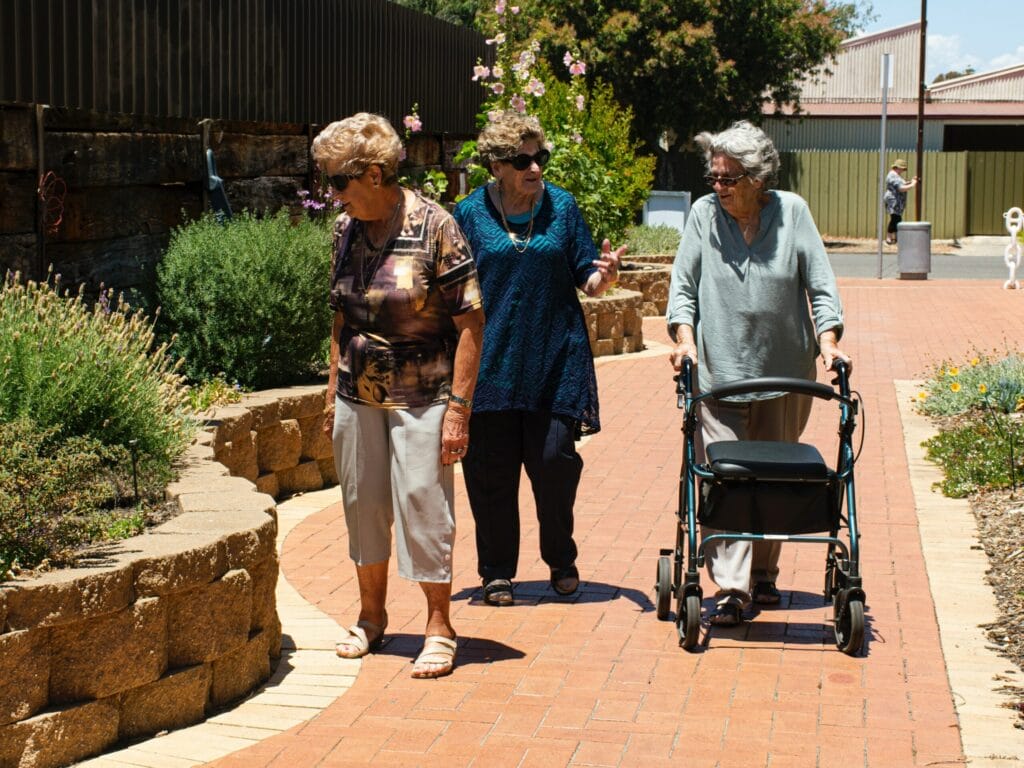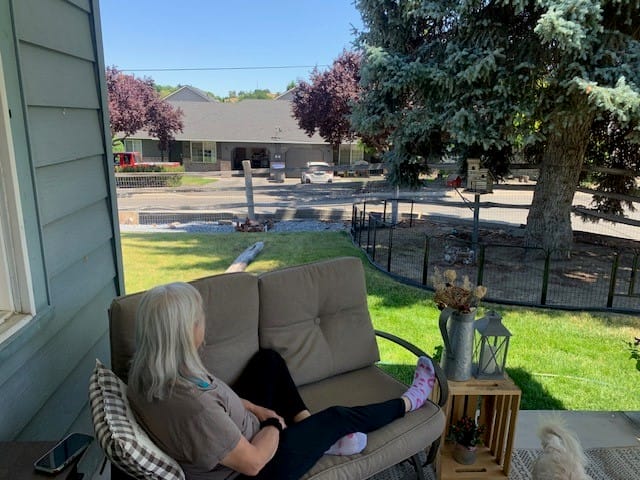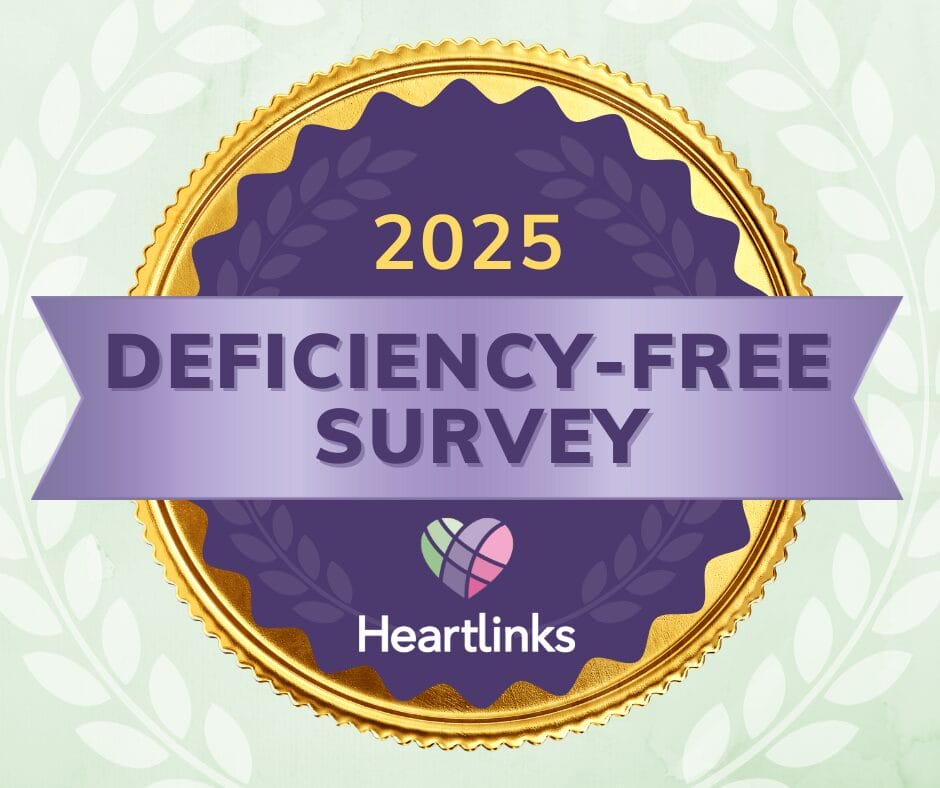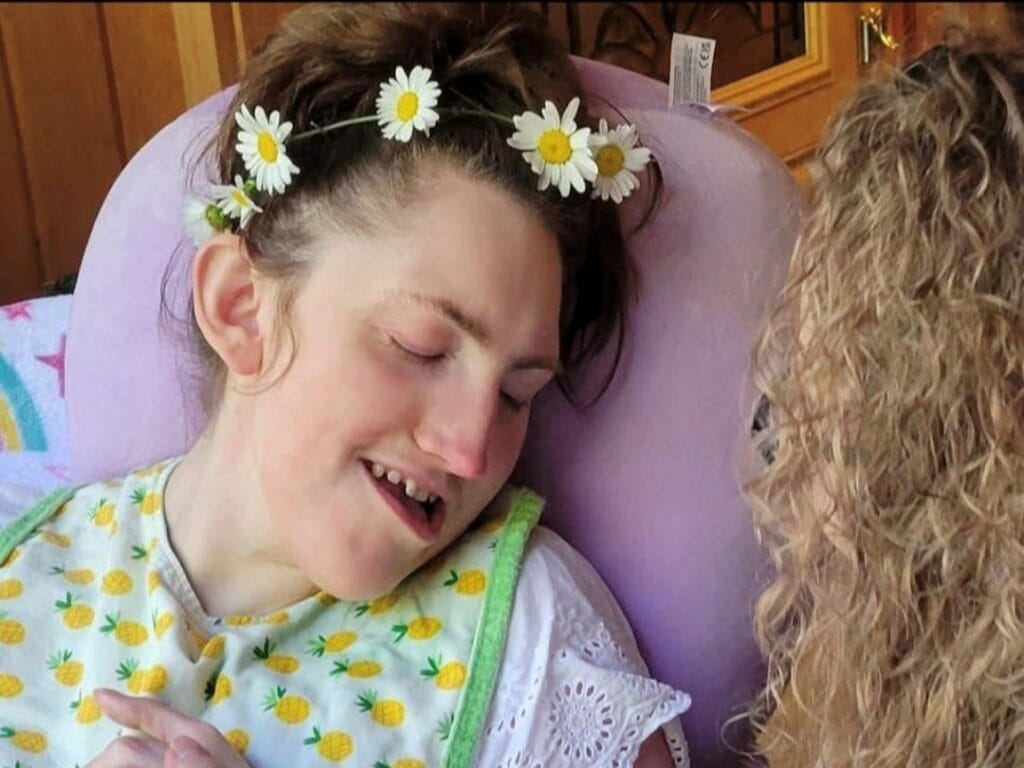Understanding Palliative Care: Relief, Support, and Living Fully

Key Takeaways
- Palliative care is specialized medical support that focuses on comfort, symptom relief, and care coordination for people of all ages living with serious illnesses.
- It’s not the same as hospice—you can receive palliative care while continuing treatments like chemo, radiation, or surgery.
- Starting early improves quality of life – many families say they wish they had begun sooner.
- Pediatric palliative care supports not only children but also families with social, educational, and care coordination needs.
- You don’t need a doctor’s referral—self-referrals are welcome.
What is Palliative Care?
Palliative care is an extra layer of support for people living with a serious illness. The focus is on easing symptoms, helping families navigate complex healthcare decisions, and making sure care aligns with the patient’s goals. At Heartlinks, our team partners with you and your providers to build a plan that supports both quality of life and medical needs.
“From day one, I felt like a ton of bricks had been lifted off my shoulders because someone was listening to me.”
— Shaunon, mom of an adult palliative care patient
read Shaniesha’s story
The Difference Between Palliative Care and Hospice Care
One of the biggest misconceptions is that palliative care and hospice are the same. While both focus on comfort and quality of life, palliative care can be provided at any stage of illness—even alongside treatments. Hospice, on the other hand, is typically for people in the last months of life when curative treatments are no longer pursued.
Think of palliative care as a bridge: it supports you and your family while you continue treatment, and it can transition into hospice care later if that becomes appropriate.
“Heartlinks is a great program…lots of support emotionally…and just doing all the work and letting me enjoy time with my baby.”
Mom of a 4-month-old palliative care patient
How Does Palliative Care Help Me and My Family?
Palliative care offers:
- Fewer hospitalizations – patients often spend more time at home and less time in the ER.
- Expert symptom management – relief from pain, fatigue, nausea, or shortness of breath.
- Care coordination – help managing multiple doctors, medications, and appointments.
- Emotional and social support – guidance for families facing stress, uncertainty, or big decisions.
Families often tell us they feel like a weight has been lifted once they begin receiving care. Some even say they wish they had found Heartlinks sooner, after seeing how quickly symptoms improved and how much calmer life felt with a responsive care team by their side.
Pediatric Palliative Care: Support for Kids and Families
Children with serious illness or disabilities often need more than medical treatment. Pediatric palliative care at Heartlinks provides wraparound support—helping families coordinate care between doctors, schools, and even disability benefits. It’s not just about the child’s health, but about helping the whole family find stability and peace of mind.
After beginning pediatric palliative care, Sebastian’s family found the support they needed to balance medical appointments with everyday life. His story reflects the stability and hope palliative care can bring.
read Sebastian’s story
Common misconceptions about palliative care
Many people hesitate to reach out for palliative care because of misunderstandings about what it is—and what it isn’t. In fact, palliative care is often described as the “missing link” in healthcare, since it fills a crucial gap between aggressive treatment and comfort-focused support.
- You don’t have to stop treatment. Many patients continue chemotherapy, dialysis, or surgeries while receiving palliative care.
- No referral required. Families can reach out directly to Heartlinks without waiting for a doctor.
- It’s not in-home caregiving. Think of it more like visiting a medical provider, but at your home or by telehealth.
- Medications don’t have to change. Our team helps review and manage medications but doesn’t require stopping any.
How to know if palliative care is right for you
You may benefit from palliative care if:
- You or a loved one has a serious illness like cancer, COPD, heart failure, or a progressive neurological condition such as Dementia or Alzheimer’s.
- You’re dealing with frequent hospitalizations or ER visits.
- Symptoms such as pain, fatigue, or anxiety are interfering with daily life.
- You feel overwhelmed by care coordination or need extra support for family and caregivers.
“People have it stuck in their head that you give up on life being on palliative care. No, I did not give up on life. I am trying to continue life but in a safe manner, so I can be here as long as I can be here. That’s my goal.”
— Tina, Palliative Care Patient
read Tina’s Story
When is the best time to start?
The earlier the better. Many families say they wish they had reached out sooner because it made such a difference in quality of life and peace of mind.
Comfort and Support at Any Stage
Palliative care is about more than medical treatment—it’s about helping you live as fully and comfortably as possible. Whether you’re an adult facing a serious illness or a parent caring for a medically complex child, Heartlinks is here to walk alongside you with compassion and expertise.
If you think palliative care might be the right fit for you or a loved one, you can make a referral today. Our team will review your information and reach out to guide you through the next steps.











